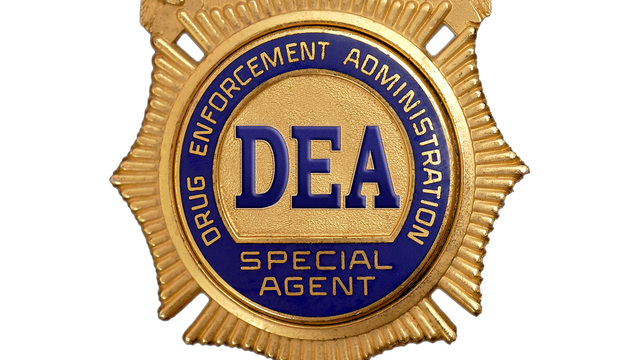Last month the DEA refused to reschedule cannabis. The agency also said it would facilitate cannabis research by allowing more people to grow cannabis for research purposes. Now, less than a month after the DEA’s announcement, it seems that plans to improve cannabis research are already failing.
Looking for Cannabis Growers
To make cannabis more accessible to researchers, the DEA is now accepting applications to become a federally approved cannabis grower. Anybody who gets this approval would essentially be contracted to grow weed for federally approved research projects.
You’d think this would be a gold mine and that thousands of people would jump at the chance to land one of these potentially huge contracts. So far, however, there have been no applicants.
In fact, one source report that tons of universities have turned down invitations to become DEA-sanctioned growers. Schools like Cornell, University of Kentucky, Virginia Tech, Michigan State, a few University of California campuses, Colorado State University, and many more have all said no when the DEA asked them if they wanted to start growing marijuana.
It seems landing one of these contracts would be a big deal. So why isn’t anyone taking up the DEA’s offer? It turns out the DEA’s anti-cannabis rules are already sabotaging any effort to improve cannabis research.
Expensive Security Requirements
One of the biggest problems is that it is extremely difficult and expensive to meet the government’s security requirements for growers. Anybody with a federal contract to grow marijuana for cannabis research has to comply with a strict set of rules to ensure the grow site meets the DEA’s security regulations.
One expert said that the infrastructure necessary to meet those requirements would cost several million dollars. And that’s just the construction cost. Maintaining all that security is entirely another expense.
Remember, this is before anybody gets around to cultivating any cannabis. At this point, the DEA’s security requirements are way too expensive to make becoming a grower a feasible idea.
Where Will Growers Get Their Plants and Seeds?
Assuming somebody has enough money lying around to build DEA-approved growing facilities, there’s still the problem of where they’d get their plants and seeds. Since cannabis is still illegal at the federal level, a DEA-approved grow operation wouldn’t be allowed to pick up seeds or plants from any non-approved supplier.
It could get plants from the federal government’s current marijuana grow site at the University of Mississippi. However, the genetic range of cannabis available to researchers would stay the same.
A lot of scientists have already said that relying on University of Mississippi cannabis limits the amount of research they can do. Simply growing more of the same stuff already being grown wouldn’t help to advance cannabis research.
The DEA’s refusal to reclassify cannabis is making it impossible for DEA-approved researchers to further cannabis research.
What About Private Growers?
Even if universities don’t want to go through all the trouble of becoming a DEA-approved grower, what about the grow operations already turning product? Most of them already have the security in place to satisfy the DEA’s requirements. So could one of them grow for the government?
It does seem like an obvious solution but the DEA already sabotaged this possibility as well. The agency said that it would consider whether or not a grow applicant had “engaged in an illegal activity involving controlled substances… Regardless of whether such activity is permissible under state law.
Since cannabis is illegal at the federal level, any and all existing grow operations is already breaking federal laws. The DEA would also count it against them pretty heavily. As a result, experts think it’s unlikely that an already existing grow operation would get DEA approval.
The Conclusion
Many in the cannabis community were disappointed by the DEA’s decision last month. But many of them thought that the DEA’s focus on improving research is a positive step.
Unfortunately, it looks like the DEA’s promise to make cannabis more accessible to researchers was nothing but an empty promise. That’s because the DEA’s own rules and make it practically impossible for anyone to become a new federally approved grower.



